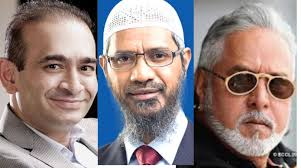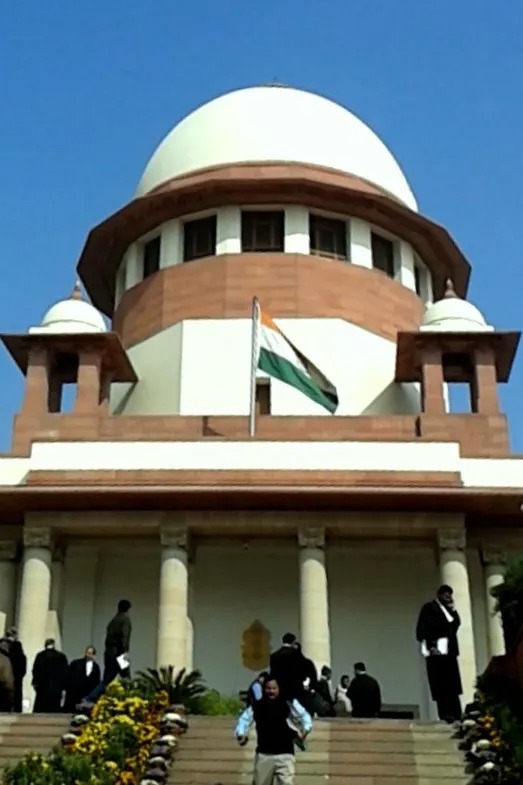N.P. Singh, J.@mdashThis appeal, as well as Misc. Appeal Nos. 680/ 1995 and 681/1995, arise out of the same accident and a common award was passed by the Commissioner for Workmen''s Compensation. Hence the appeals are disposed of by this common order.
2. The appeals are directed against the award dated July 11, 1995 passed by the Commissioner for Workmen''s Compensation (Labour Court No. 1), Jabalpur in Case Nos. 81/1994, 82/1994 and 83/1994, awarding a compensation of Rs. 19,706 + Rs. 200/- to the respondent Munnalal in M.A. No.733/1995; Rs. 31,197+costs Rs. 200/-to respondent Bishan Singh in M.A.No. 680/1995; and Rs. 31,197/-+costs Rs.200/- to the respondent Kunwar Singh in M.A.No. 681/1995.
3. The facts giving rise to these appeals are that the respondent Preetam Kaur was the owner of truck bearing Registration No. MBK- 7476. The respondents Munnalal, Bishan Singh and Kunwar Singh were working as labourers in the said truck. On October 30, 1994, the truck in question was coming from Dhuma in Seoni district loaded with wooden logs. When it reached Banjari Ghat the truck turned turtle and the respondents suffered bodily injuries. All the three respondents separately preferred claim cases before the Commissioner for Workmen''s Compensation at Jabalpur and the Commissioner by the impugned award, awarded compensation as mentioned above, holding the Insurance Company liable to pay compensation.
4. As against that the appellant/Insurance Company has preferred the instant appeals u/s 30 of the Workmen''s Compensation Act, 1923.
The learned counsel for the respondents has contended that no substantial question of law is involved in these appeals and the appeals are liable to be rejected.
5. Shri Sanjay Agrawal, learned counsel for the appellant/Insurance Company, has contended that the impugned award was passed on the irrelevant evidence of Dr. V.K. Dong, who was not an eye-witness to the incident, and had examined the respondents four months after the incident. It is alleged that after the accident, the respondents were admitted in the Govt. Hospital and were discharged after their treatment. But the records of the Govt. Hospital were not requisitioned by the Commissioner despite the request made by the appellant. Therefore, an adverse inference ought to have been drawn for non-production of the official documents from the Govt. Hospital.
6. As far as (sic.) the evidence of Dr. Dong is concerned, he is not a Government doctor, nor had he examined the respondents immediately after the accident. In between the date of accident and the examination of the respondents by Dr. Dong, there is a gap of four months and the injuries alleged to have been sustained by the respondents could have been caused in some other incident also.
7. Shri Agrawal has further contended that if the substantial question of law is a mixed question of law and facts, it will be deemed to be a question of law and an appeal u/s 30 of the Workmen''s Compensation Act would be maintainable and consequently it will be open to the Court to reconsider the evidence for the determination of the question of law. The contention of Shri Agrawal is well-founded. In this connection it will be apt to mention the decision of the Apex Court in
"If the Court of fact whose decision on a question of fact is final, arrives at a decision of fact by considering material which is irrelevant to the enquiry, or by considering material which is partly relevant and partly irrelevant, or bases its decision partly on conjectures, surmises and suspicions and partly on evidence, then in such a situation clearly an issue of law arises. And in such a case, it is well established that when a Court of fact acts on material, partly relevant and partly irrelevant, it is impossible to say to what extent the mind of the Court was affected by the irrelevant material used by it in arriving at its finding. Such a finding is vitiated because of the use of inadmissible material and thereby an issue of law arises,"
In this connection reference may also be made to the case of Mangal Chand v. Mumtaz Begum.
8. In the instant case, the impugned award is based on the irrelevant and inadmissible evidence of Dr. V.K. Dong. As there is no nexus between the injuries sustained by the respondents and their examination by Dr. Dong, the award based on irrelevant and inadmissible evidence vitiates the findings. The award is thus bad in law and is liable to be set aside.
9. For the reasons mentioned above, the impugned award is set aside. The case is remanded back to the Commissioner for Workmen''s Compensation (Labour Court No. 1), Jabalpur for deciding the case afresh in accordance with law after recording fresh evidence. The respondents are directed to appear before the Commissioner for Workmen''s Compensation (Labour Court No. 1) Jabalpur on November 22, 1996.

